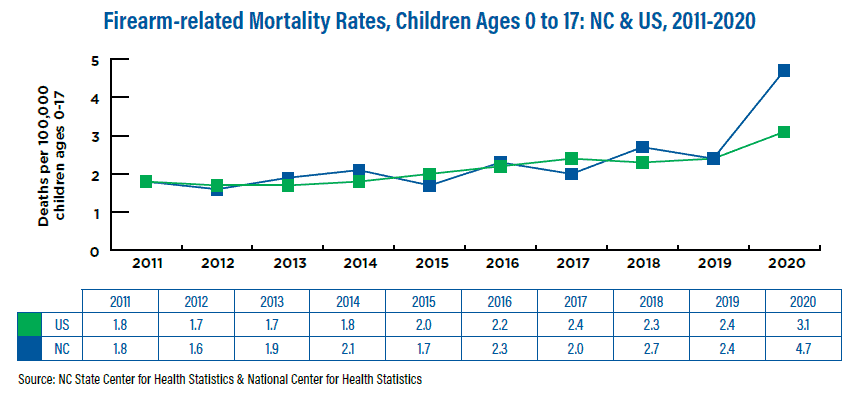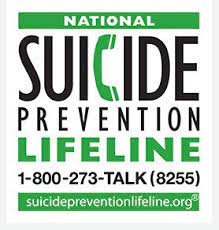Trigger Warning: This blog contains references to specific causes of child deaths, including suicide.
It’s not easy to start a conversation about child deaths. Let’s be honest, no one wants to talk about it. But at the North Carolina Child Fatality Task Force, it’s our job to study child deaths and make recommendations to prevent them. Problems not faced are problems not fixed. It’s important to face the fact that more than a thousand North Carolina children die each year – and so many are tragically lost to preventable causes. Working together we can advance policies that save lives and promote child well-being. That’s why I’m proud to share the CFTF’s new 2022 Annual Report and Action Agenda.
What is the Child Fatality Task Force?
The state legislature created the North Carolina Child Fatality Task Force – and the broader statewide child fatality prevention system that it belongs to – in 1991. The Task Force is required to study the data surrounding child deaths, and to make annual recommendations for changes in law and policy to prevent child deaths and maltreatment and promote child well-being. Over its 30+ year history, the Task Force has helped advance many of the most important child health and safety policies that we have come to take for granted in North Carolina, saving countless lives.
The 2022 Annual Report
Last week the Task Force submitted its 2022 Annual Report and Action Agenda of recommendations to Governor Cooper and the NC General Assembly. This year’s legislative recommendations address causes of death where data trends are especially concerning, like suicide and firearm deaths. The rates of child death by firearms and suicide in 2020 are the highest of a decade, coinciding with a significant surge in gun purchases nationally.
The Action Agenda also addresses categories of child deaths that, year after year, stubbornly continue to claim so many young lives. Those include sleep-related infant deaths that claim more than 100 babies each year, usually occurring in an unsafe sleep environment, or motor vehicle-related deaths – which continue to be the top cause of unintentional injury deaths.
Finally, there are recommendations that seek to strengthen and optimize existing laws and systems that were created specifically to prevent child death and maltreatment. These include strengthening laws addressing the statewide child fatality prevention system to better support child death review teams in all 100 counties, and those addressing the safe surrender of a newborn infant.
How Will the State Legislature Respond?
The Child Fatality Task Force makes legislative recommendations every year, but ultimately it’s up to state legislators to determine whether to enact laws to advance them. Here are some of the strengths that the Task Force brings to bear in advancing these recommendations at the NC General Assembly in 2022:
- A foundation of data and expertise matters. Task Force recommendations are based on a great deal of data and input from relevant experts. The 2022 Annual Report covers the highlights of these data. It provides the evidence policymakers need to understand which policies and interventions are needed, and will actually work to save children’s lives.
- Partial progress is important progress. Some of the 2022 recommendations partially advanced during the 2021 legislative session and are still eligible for consideration in 2022. These include:
-
- HB 427, a bill to launch and fund a statewide firearm safe storage initiative, which passed the House one vote shy of unanimously;
- SB 703, a bill to strengthen the statewide child fatality prevention system; and
- HB 473, a bill to strengthen the infant safe surrender law, which passed the House unanimously.
- History shows that prioritizing kids is possible. The Task Force has a 30+ year track record of successfully advancing major child health and safety initiatives in North Carolina (you can read about those advancements here). I believe the reasons for that success are still true today. The Task Force is a unique forum where state agency leaders, experts in child health and safety, and state legislators come together to examine data, hear from experts, and make recommendations that move our state forward to protect North Carolina kids.
While there are inevitably different perspectives when talking about the many issues that impact children, policymakers have repeatedly proven that they can find common ground and strong bipartisan support when it comes to advancing policies to save children’s lives.
Take Action
Does your state legislator serve on the North Carolina Child Fatality Task Force? Please take a moment to thank them for their hard work to prevent child deaths and advance child well-being.




